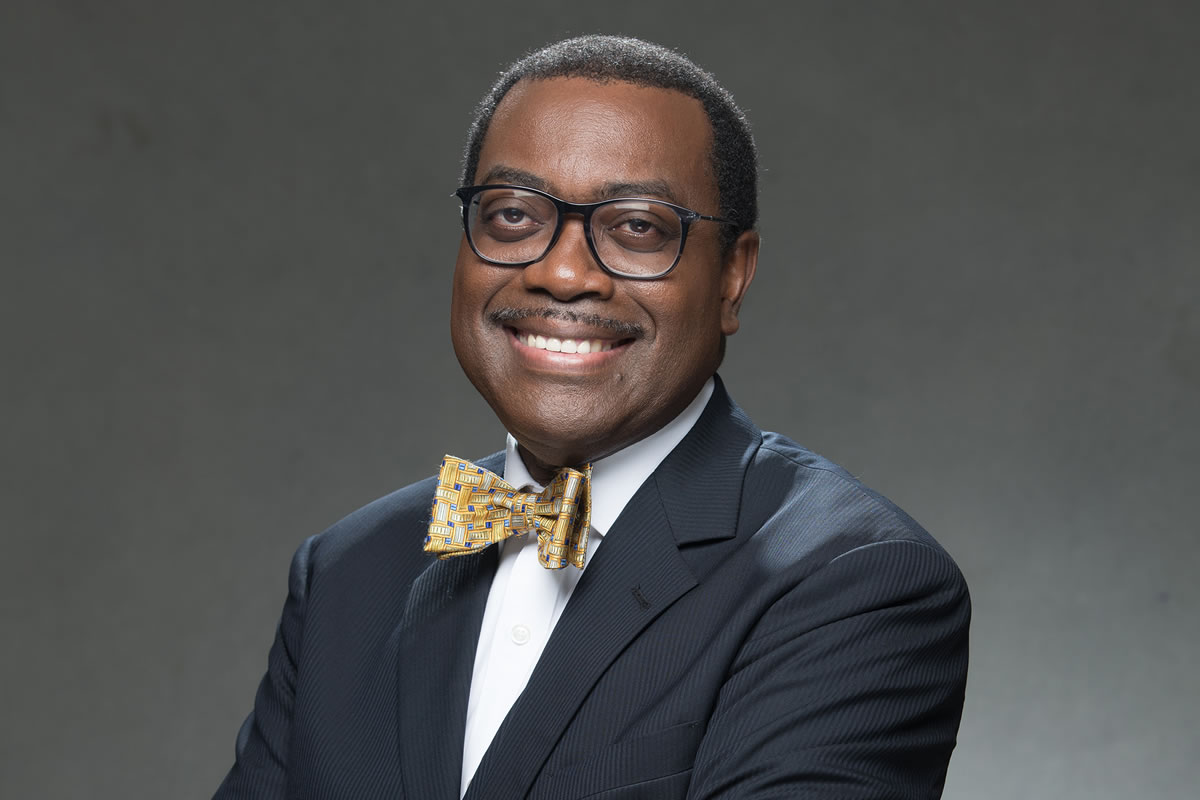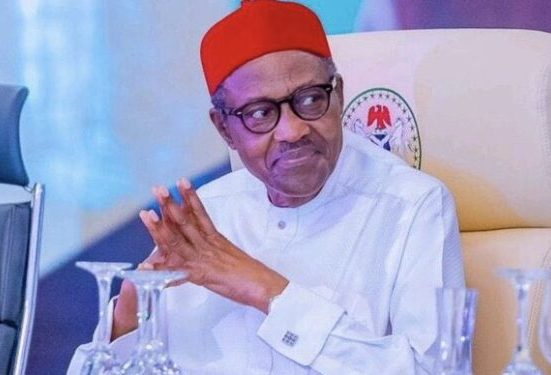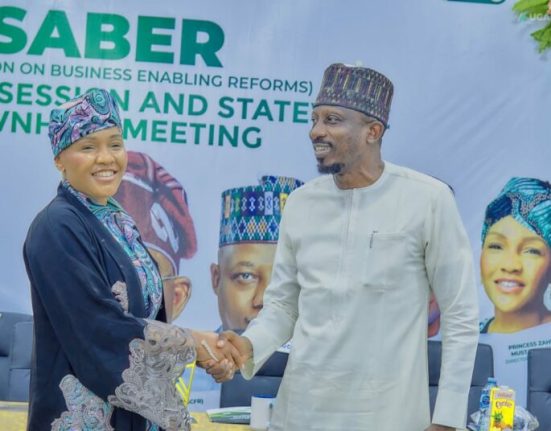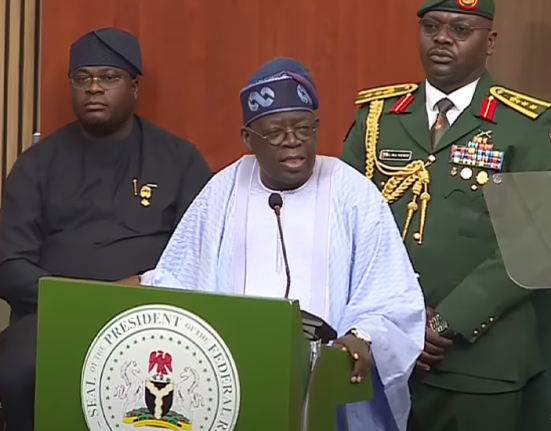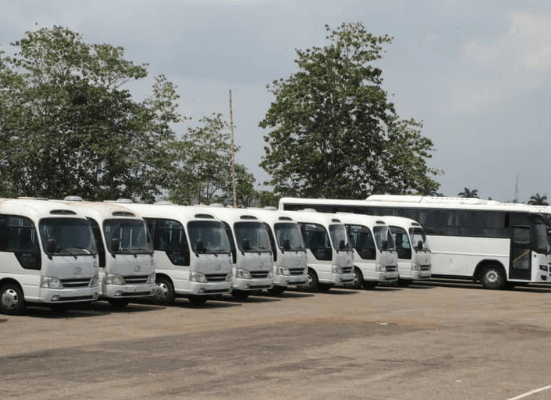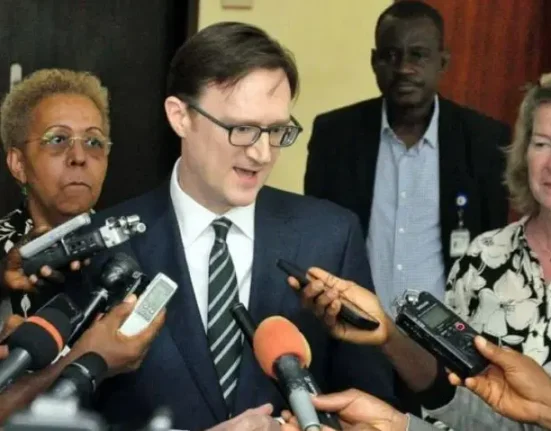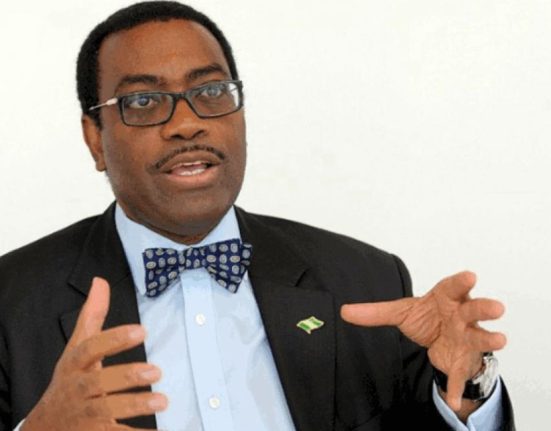The President of the African Development Bank (AfDB), Dr. Akinwumi Adesina, has sounded a grave warning over the state of Nigeria’s economy, declaring that the country is experiencing a deeper regression than many citizens and policymakers realise.
Speaking during the 20th anniversary dinner of investment firm Chapel Hill Denham in Lagos, Dr. Adesina revealed that Nigeria’s current Gross Domestic Product (GDP) per capita has declined to $824 — a stark contrast to the $1,847 recorded at independence in 1960. This, he said, means Nigerians today are economically worse off than they were over six decades ago, despite the nation’s status as Africa’s largest economy by size.
“It is deeply troubling that Nigeria’s GDP per capita has fallen below what it was at independence. This reflects structural weaknesses and long-standing economic underperformance,” Dr. Adesina stated. He attributed this backward trend to decades of policy inconsistency, overdependence on oil revenues, institutional decay, and lack of investment in productive sectors.
Drawing a sharp comparison with South Korea, Dr. Adesina noted that both countries had similar economic standing in 1960. While Nigeria has slumped, South Korea has soared, with a GDP per capita now exceeding $36,000. “It shows what leadership, vision, and clear economic priorities can achieve,” he remarked.
To reverse Nigeria’s economic decline, the AfDB chief outlined five priority areas: scaling up access to electricity, accelerating infrastructure development, driving industrialization, investing in innovation and skills, and building a globally competitive agricultural sector. He praised the Dangote Refinery as a model of industrial ambition that reflects the potential of large-scale private sector investment.
Dr. Adesina also called for the strategic deployment of Nigeria’s pension fund assets and capital markets to finance national development goals. He stressed the need for a stronger institutional framework and consistent policies that build investor confidence.
“Nigeria must deliberately shape its economic future. The Nigeria of 2050 must not just exist — it must lead, be well-developed, corruption-free, and become a beacon for the rest of Africa,” he said.
As concerns mount over rising inflation, high unemployment, and dwindling foreign reserves, Dr. Adesina’s remarks have added urgency to calls for bold, credible, and people-centered economic reforms. His intervention comes at a critical time, as policymakers search for sustainable ways to reposition the country on the path of inclusive growth and long-term prosperity.

